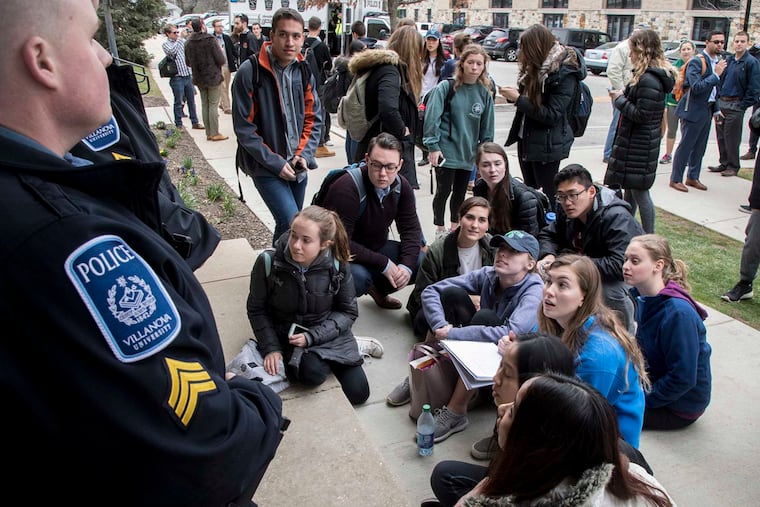Students should rethink their role in free speech debates | Opinion
Rather than address problematic or offensive language head-on — standing up for their beliefs and confronting injustice through dialogue — students “tell the grown-ups.”

While faculty and administrators are frequently blamed for higher education’s free speech woes, the blame cannot be laid solely at their feet. Surprisingly, many of today’s campus restrictions are being pushed not by overzealous bureaucracies trying to police morality — but by students themselves.
A January survey by the Foundation for Individual Rights in Education found that student support for free speech is high in the abstract; three-quarters of respondents believe that students should have the right to free speech on campus, even if what is being said offends others. However, drilling down reveals that support to be shallow at best.
Fifty-seven percent of students believe that schools should be able to restrict student expression of political views that are hurtful or offensive to others, while 60 percent of students believe promoting an inclusive environment that is welcoming to a diverse group of students is more important than protecting students’ speech rights.
To further these goals, students around the country have lobbied, protested, and pressured university administrations to adopt “socially just” policies to promote diversity at the expense of students’ civil rights.
One such program is the Bias Response Team (BRT). BRTs, now used in some form in hundreds of schools, urge individuals to report fellow students’ and professors’ speech that they perceive as “biased.” Alas, “bias” is highly subjective, and often encompasses unwelcome yet constitutionally protected speech. Just as concerning, by encouraging individuals to constantly monitor one another for perceived bias, the BRT weakens the very fabric of campus community it hopes to reinforce.
Rather than being encouraged to address problematic or offensive language head-on — standing up for their beliefs and confronting injustice through dialogue and debate — students are advised to “tell the grown-ups,” who handle the matter out of sight. Why would students cede the agency they so desperately crave to authority figures? After all, administrators change — and there’s no guarantee that tomorrow’s leaders will be as sympathetic to students’ passions as they currently are.
As the saying goes, “A government big enough to give you everything you want is big enough to take it all away” — and that is particularly true on college campuses, where policies can be reversed with the stroke of a pen.
The fallacy here is that diversity and free speech are somehow incompatible. Too many Americans forget that free speech was an essential tool in the fight for diversity and inclusion throughout history; minority views held by suffragists, antiracist protesters, and gay-rights activists were categorized as hateful and dangerous, and targeted for censorship and silencing. Only by exercising their speech rights were the powerless able to convince the wider world of the validity of their views.
Universities were once the place where sheltered teens gained the life skills needed to thrive in the real world. Unfortunately, with the rise of programs like BRTs, students are denied the opportunity to find their inner strength. For those students who hope to defend the defenseless and give voice to the voiceless, school policies that shelter students from hardship and adversity create weaker, less prepared adults in the long run.
Nicole Neily is the president and founder of Speech First, a membership association committed to preserving college students’ First Amendment right to free speech. She will be among the panelists participating in the Free Speech on Campus program at the National Constitution Center on March 18, presented with the Academic Engagement Network. Visit constitutioncenter.org/debate for tickets.